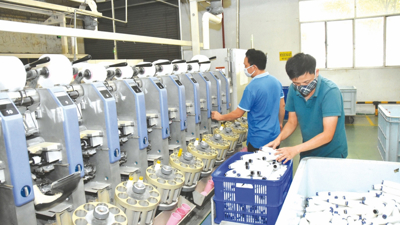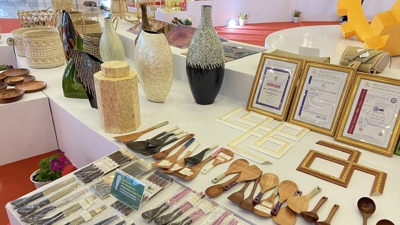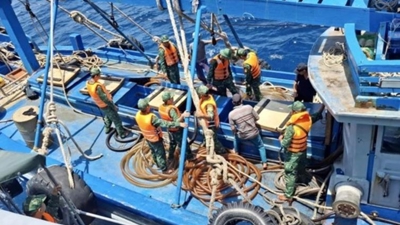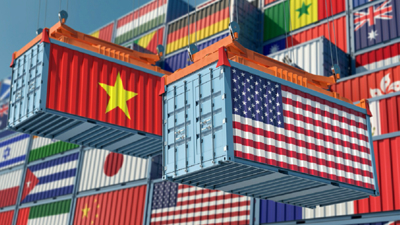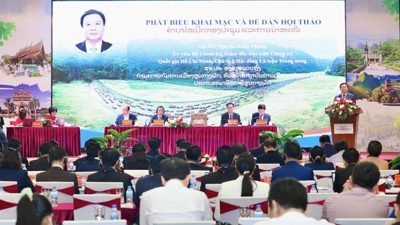Green practices should be prioritized for sustainable fisheries
The fisheries sector has been identified as a spearhead economic sector in Vietnam’s marine economy and posts rapid growth.
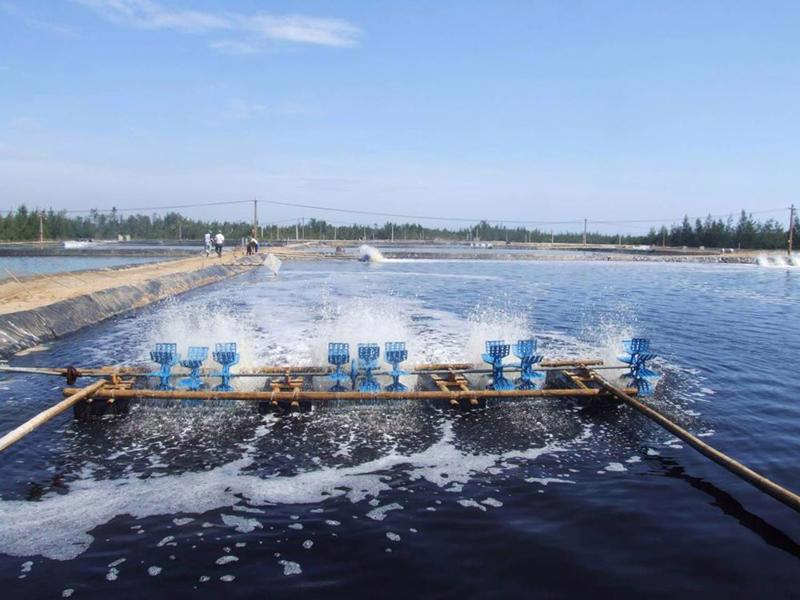
At the 2024 Fisheries Environmental Protection Conference, held on November 20, Mr. Tran Dinh Luan, Director of the Department of Fisheries at the Ministry of Agriculture and Rural Development, emphasized the need for enhanced environmental protection measures in Vietnam’s fisheries sector.
He outlined several priority tasks, including developing and expanding green and circular economy models, implementing smart production methods adapted to climate change, and reducing emissions in fisheries activities.
Mr. Luan also emphasized that the fisheries sector has been identified as a spearhead economic sector in Vietnam’s marine economy with rapid growth.
“During its development, however, the fisheries sector also faces numerous challenges, including environmental issues and coastal ecosystem degradation,” he said. “The fisheries sector is heavily impacted by environmental pollution and also generates pollution.”
In recent years, he continued, the Party and the government have paid greater attention to directing and issuing policies related to the sustainable development of the fisheries sector, such as Resolution No. 36/NQ-TW in 2018 on the Strategy for the Sustainable Development of Vietnam’s Marine Economy to 2030 and Vision to 2045, and Government Decision No. 339/QD-TTg, dated March 11, 2021, on the Strategy for the Development of Vietnam’s Fisheries to 2030, with a Vision to 2045.
In particular, to address environmental issues in the fisheries sector, the Prime Minister approved Decision No. 911/QD-TTg dated July 29, 2022, on the Project on Environmental Protection in Fisheries Activities for the 2021-2030 Period, which aims to control and prevent pollution in fisheries activities, prevent and resolve environmental incidents, protect and develop fisheries resources and habitats, contributing to preventing biodiversity loss, enhance climate change adaptation capacity and mitigate greenhouse gas emissions, and build and develop the circular economy and green economy models in fisheries activities to protect the environment and sustainably develop the fisheries sector.
Mr. Chu The Cuong, an expert from IUCN Vietnam, said the Mekong Delta has over 700 km of coastline, with an area of 360,000 sq km, is a breeding ground, and is a favorable habitat with the richest fisheries resources in Vietnam.
“However, marine resources are facing many hazards,” he added. “These include overfishing and the use of destructive fishing methods, which have severely depleted fisheries resources. Meanwhile, plastic waste pollution is becoming the most pressing environmental issue at sea in the region.”


